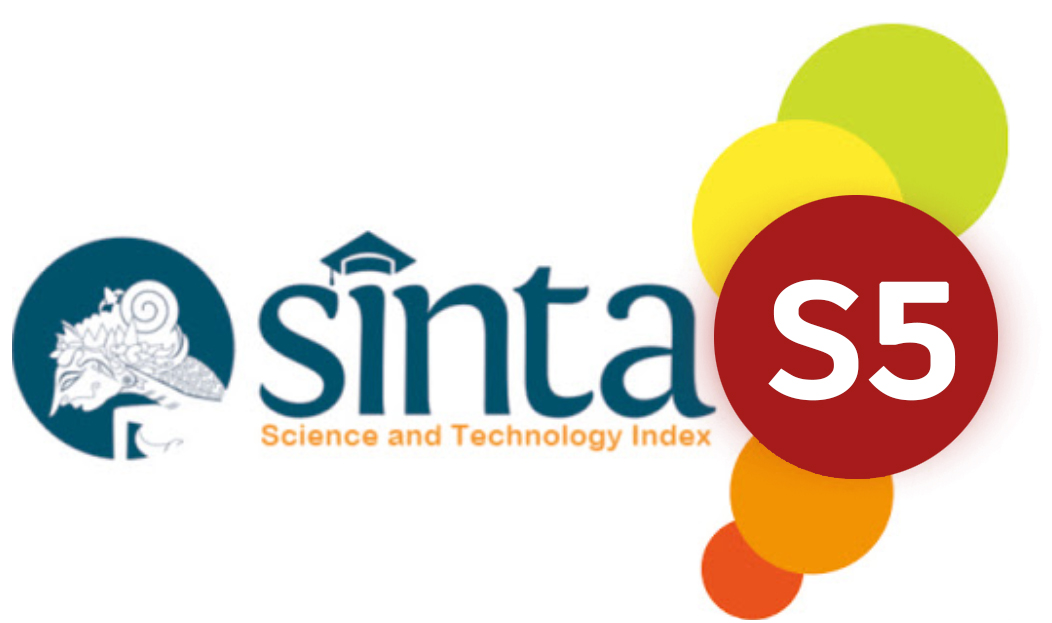Policy Implementation of the Use of Plastic Bags by Community and Business Players in Achieving Sdgs in Padang City
Abstract
This study aims to analyze the implementation of policies on the use of plastic bags by the community and business actors in achieving the goals of sustainable development goals (SDGs) in the city of Padang. This study found that waste production in Padang City currently reaches 700 tons per day and is dominated by plastic waste. The community's habituation pattern that unwittingly causes it to be difficult to escape from using plastic bags that turn into garbage. This phenomenon contradicts the Sustainable Development Goals' goals in reducing the bad effects of excessive plastic production and consumption. This research uses a qualitative approach. The results of this study indicate that policy implementation has not been optimal because the communication between implementers has not been optimal, on the other hand, various advisory and socialization efforts have been carried out. However, the community still sees that cleanliness and waste management are the responsibility of the government. Based on this, the Environmental Office of the City of Padang must increase socialization activities' intensity in a focused and periodic manner. Besides, a community-based waste management pilot project location is needed in areas with potential, especially in unserved areas. The application of paid plastic bags has only been implemented in several modern business retailers. The minimum price charged for paid plastic is also very cheap, namely a minimum of Rp. 200 (two hundred rupiahs), so it tends not to change consumer behavior to carry their bags when shopping. Meanwhile, the legal umbrella for the paid plastic policy has not yet been established. So far, the form has only been in the form of a circular letter. The Ministry of Environment and Forestry has not issued Ministerial Regulations, so local governments have not issued regional regulations to implement them.


















